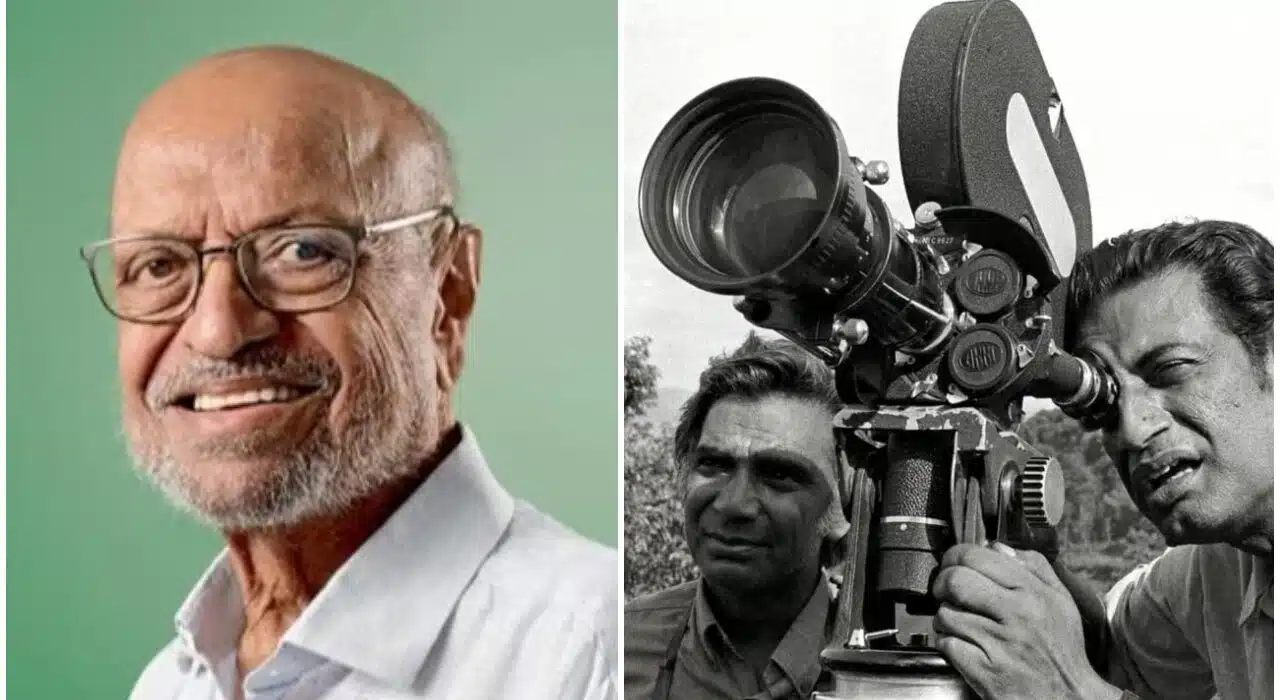Shyam Benegal, India’s pioneer filmmaker who transformed Indian cinema with his socially conscious and realistic narratives, died at the age of 90. The auteur, who was a champion of the parallel cinema movement in the 1970s and 1980s, died on Monday at Mumbai’s Wockhardt Hospital. According to his daughter, Pia Benegal, chronic kidney disease was the cause of death.
Benegal, known for his honest portrayals of social causes, leaves behind his wife Nira Benegal, and daughter Pia. This stalwart remained committed to his craft, despite various health issues such as constant dialysis. Even just a few days back, Benegal had unveiled that on his 90th birthday December 14 he was diligently working on films for multiplexes.
Shyam Benegal was India’s pioneer filmmaker who has left a legacy in cinema
Benegal was born in Hyderabad but started working as a mere copywriter. He produced his first documentary in the Gujarati language, titled Gher Betha Ganga in 1962. It was his later feature films—Ankur (1973), Nishant (1975), Manthan (1976), and Bhumika (1977)—that make him one of the biggest names of Indian new wave cinema. These films spoke about mainstream conventions on several issues like gender inequality and the rural struggle against caste oppression.
Benegal made Mandi, Junoon, and Sardari Begum, among many iconic works, during his storied career, with widespread critical acclaim and an unshakeable place in the annals of Indian film history. His work for television in Bharat Ek Khoj and Samvidhaan further established him as the master storyteller that he is.
Recent credits by Benegal include the 2023 biopic, Mujib: The Making of a Nation, where he celebrates the life of Bangabandhu Sheikh Mujibur Rahman.
Celebrating a Visionary
Benegal’s filmography includes a number of films, which often featured stars like Shabana Azmi and Smita Patil, exploring deeper human relationships and societal ills. His satire, Mandi (1983), and his historical drama, Trikal (1985), were two outstanding examples of his inventive genius.
Also, see: Send Sheikh Hasina back to Dhaka, Bangladesh writes to India
